No products in the cart.
Copper Gloves for Arthritis
£10.99inc VAT
- 1x pair of Copper Compression gloves for Arthritis designed to help soothe and ease aches and pain in your hands
- For both Men and Women
- Available in a range of different sizes – For the correct sizing measure around the hand underneath the thumb: (Small) 13cm-17cm, (Medium) 17cm-20cm, (Large) 20-24cm
- Ideal for people suffering from Arthritis, Raynaud’s Disease, Osteoporosis, Carpal Tunnel Syndrome and Tendonitis
- Provides soothing compression that stimulates blood flow to your hands helping speed up the natural healing process of injuries, reduce swelling and inflammation and ease aches and pains deep with your hands
- Ideal for increasing the mobility in your hands and fingers, these gloves will help improve the way your hands function by supporting them in the correct position
- Designed specially to reduce pressure and strain off your joint by supporting your hands and finger in the correct position making them the perfect choice for treating and preventing a wide range of hand, wrist and finger injuries
- Made from lightweight and breathable infused copper fibre material that kills bacteria and keeps your hands feeling fresher for longer
- Includes a full 30 day money back guarantee if you are not 100% satisfied with your purchase!
Fast & Secure Checkout Through Paypal
Pay with Paypal the secure payment gateway that accepts all credit and debit cards. Paypal is free and secure and no credit or bank information is ever stored or shared with us.
Fast Dispatch
Enjoy your items soon with quick dispatch via Royal Mail First Class. Expect to have your items between 1-3 days for domestic orders. 7-10 Working days for international orders.
Return Policy – 30 Day Money Back Guarantee
We are so confident that you will just love our product that we offer a full 30 day money back guarantee. In the unlikely event, you are unhappy with your purchase you can simply return it within 30 days for a refund. Please contact us via the form on the contact us page to start your return.
To return an item please send it to: Nuova Health UK, 81 Highfield Lane, Waverley, Rotherham, S60 8AL. Please include a note with your order id so we know who to refund. Please retain your postage receipt as proof of postage. All that we ask is that the item is in the original packaging and unused.
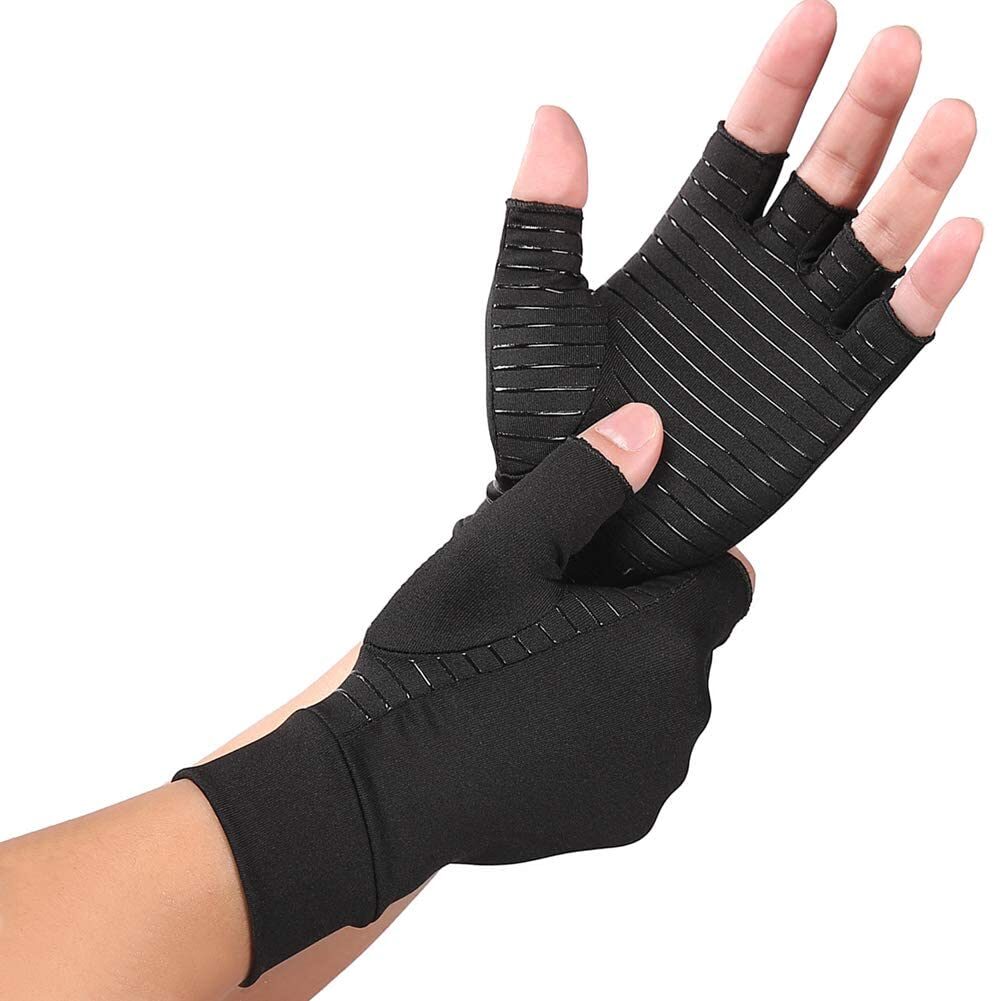
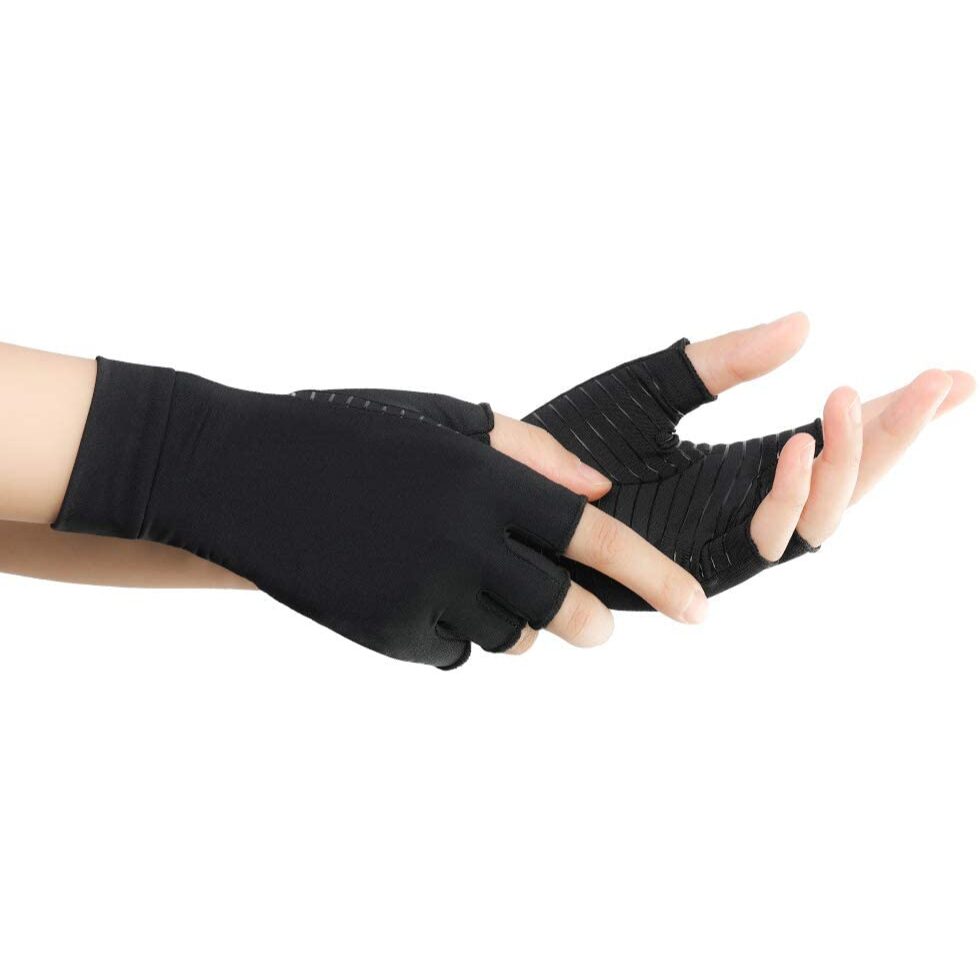
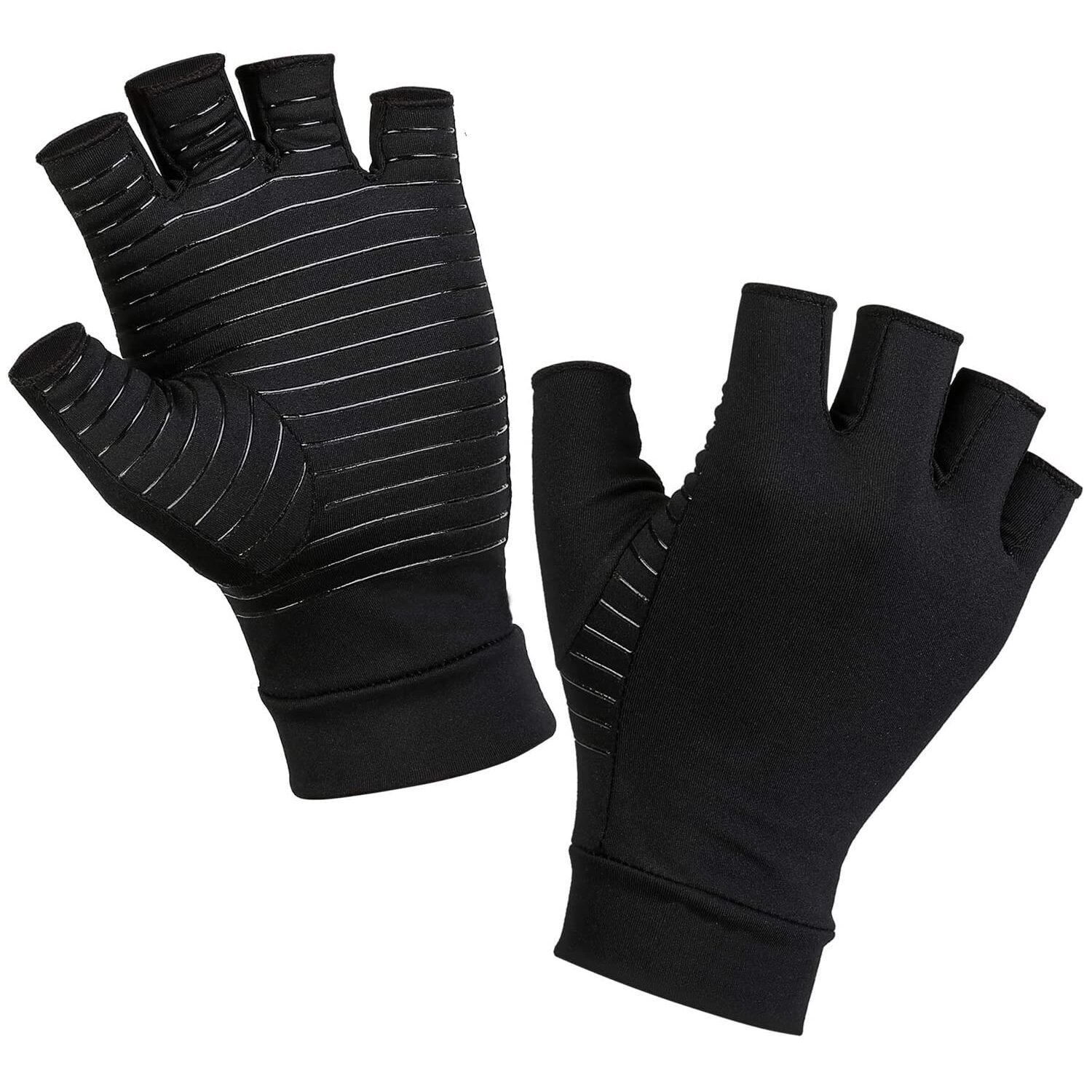
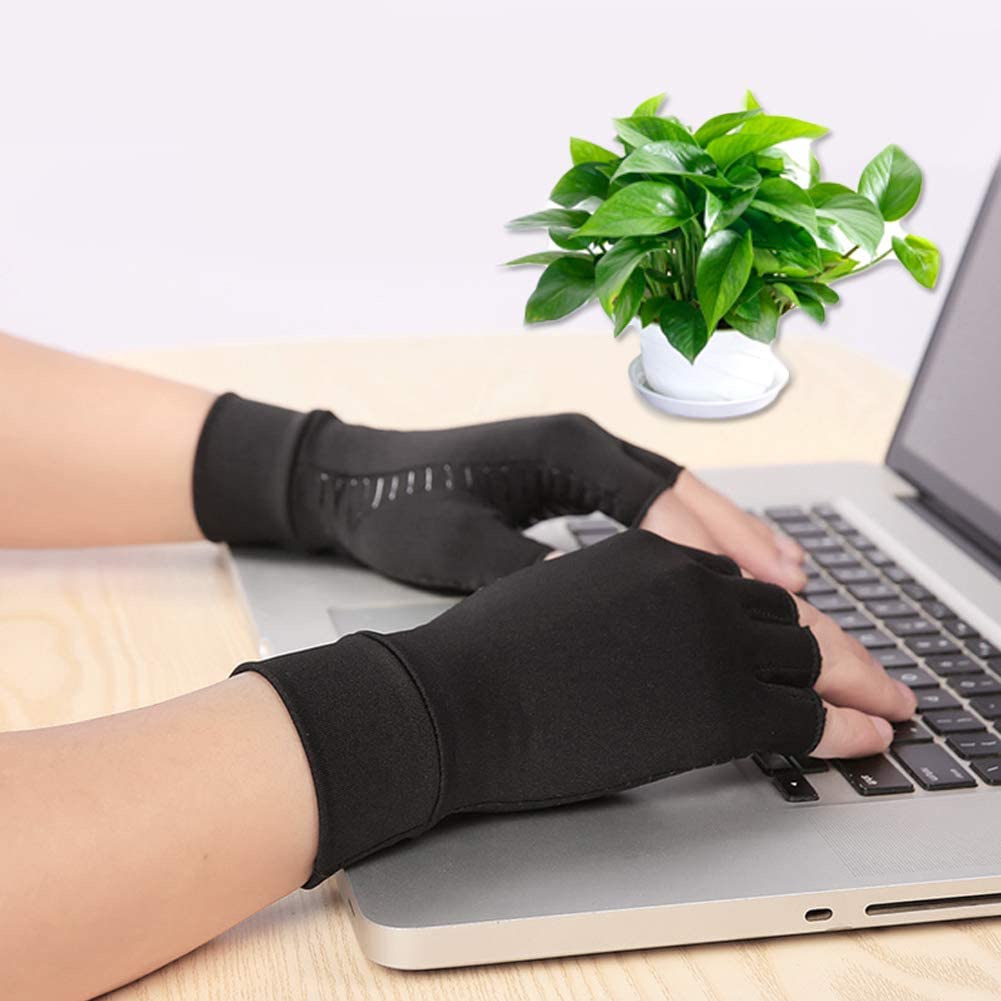
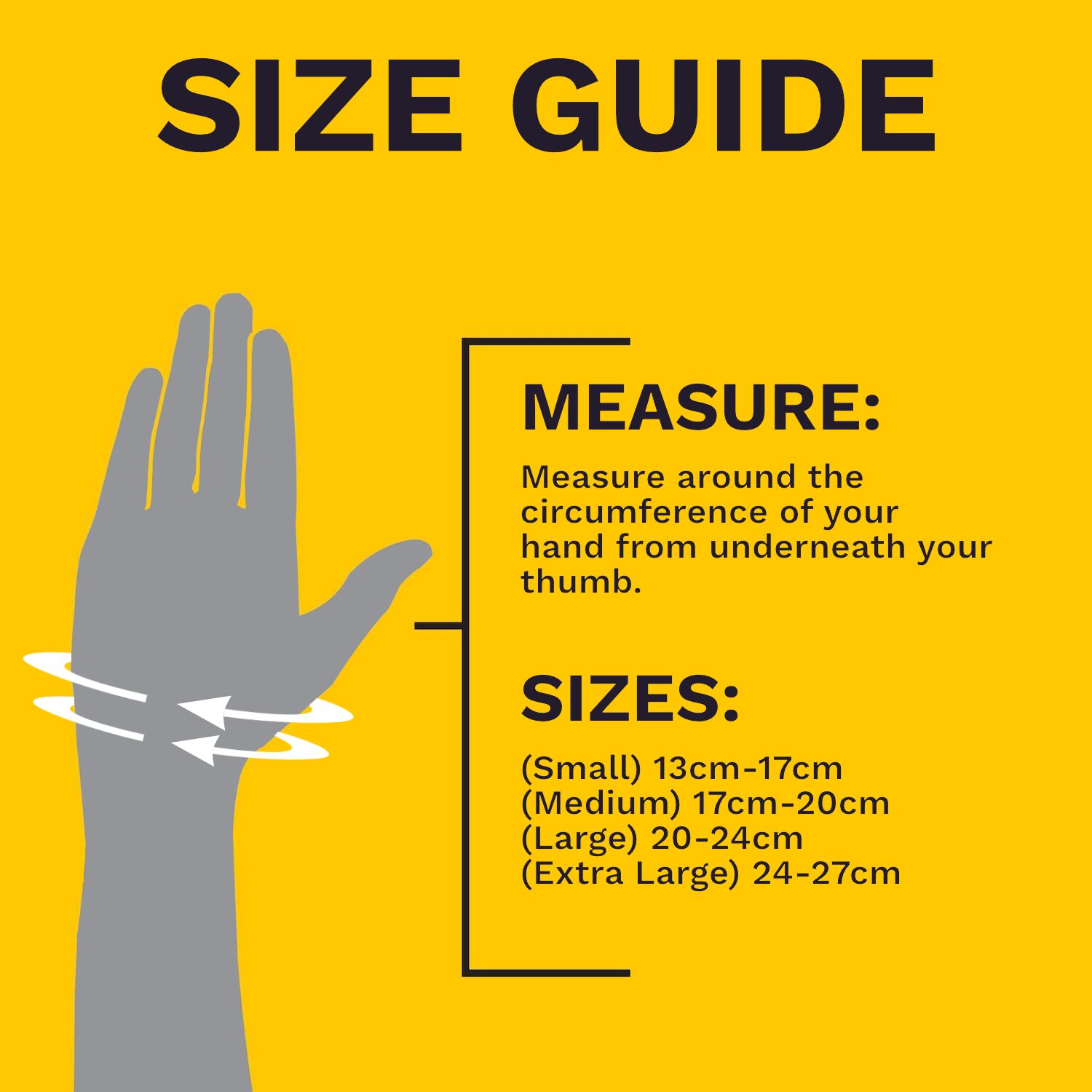
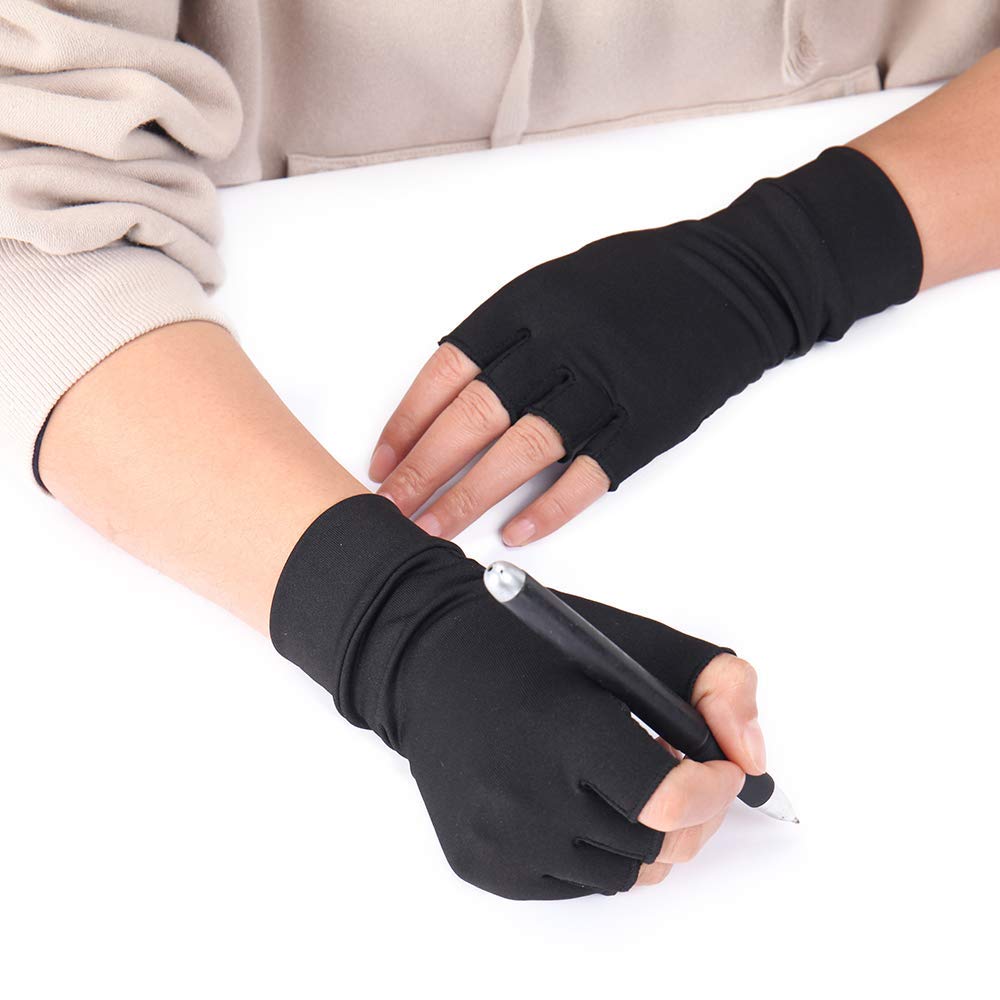
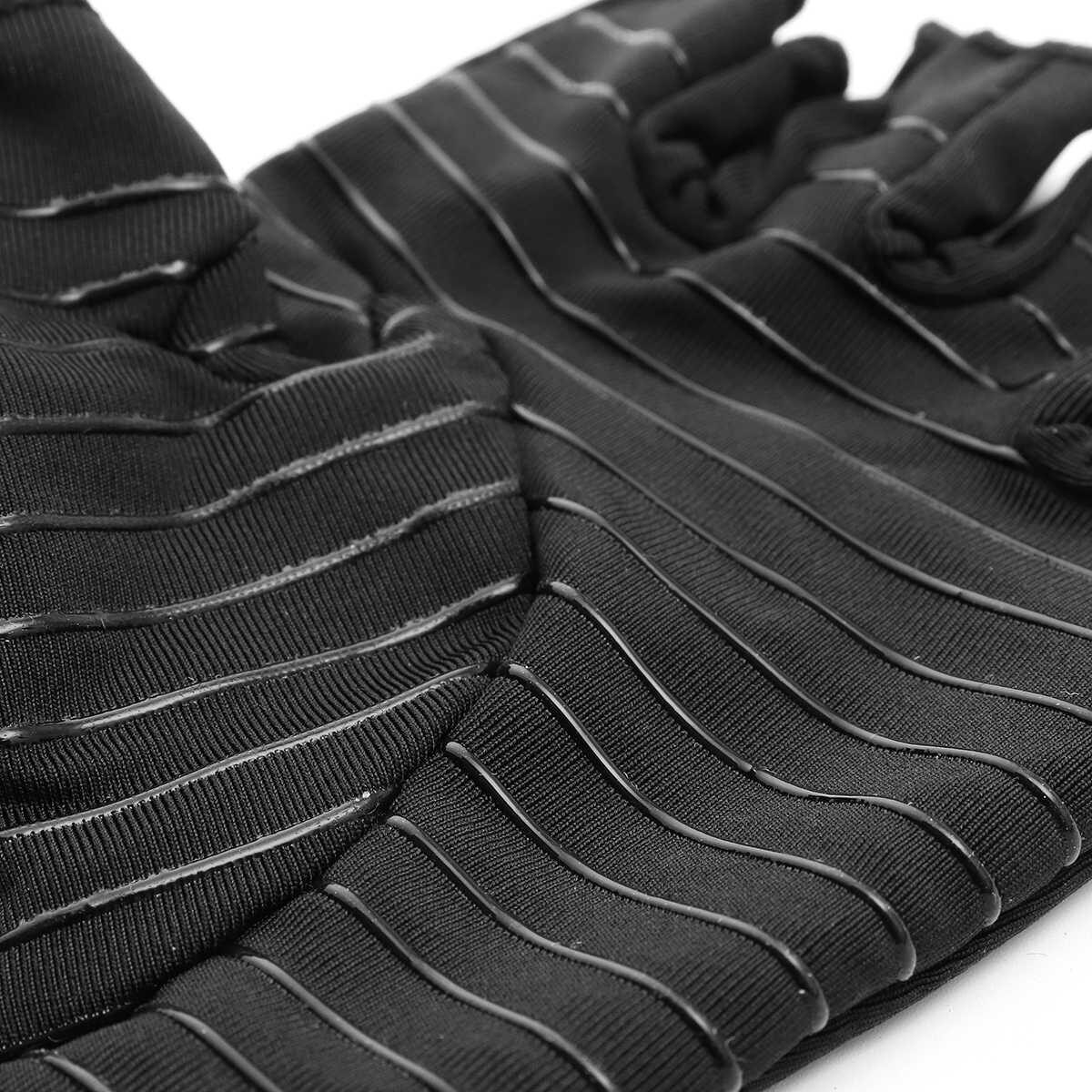
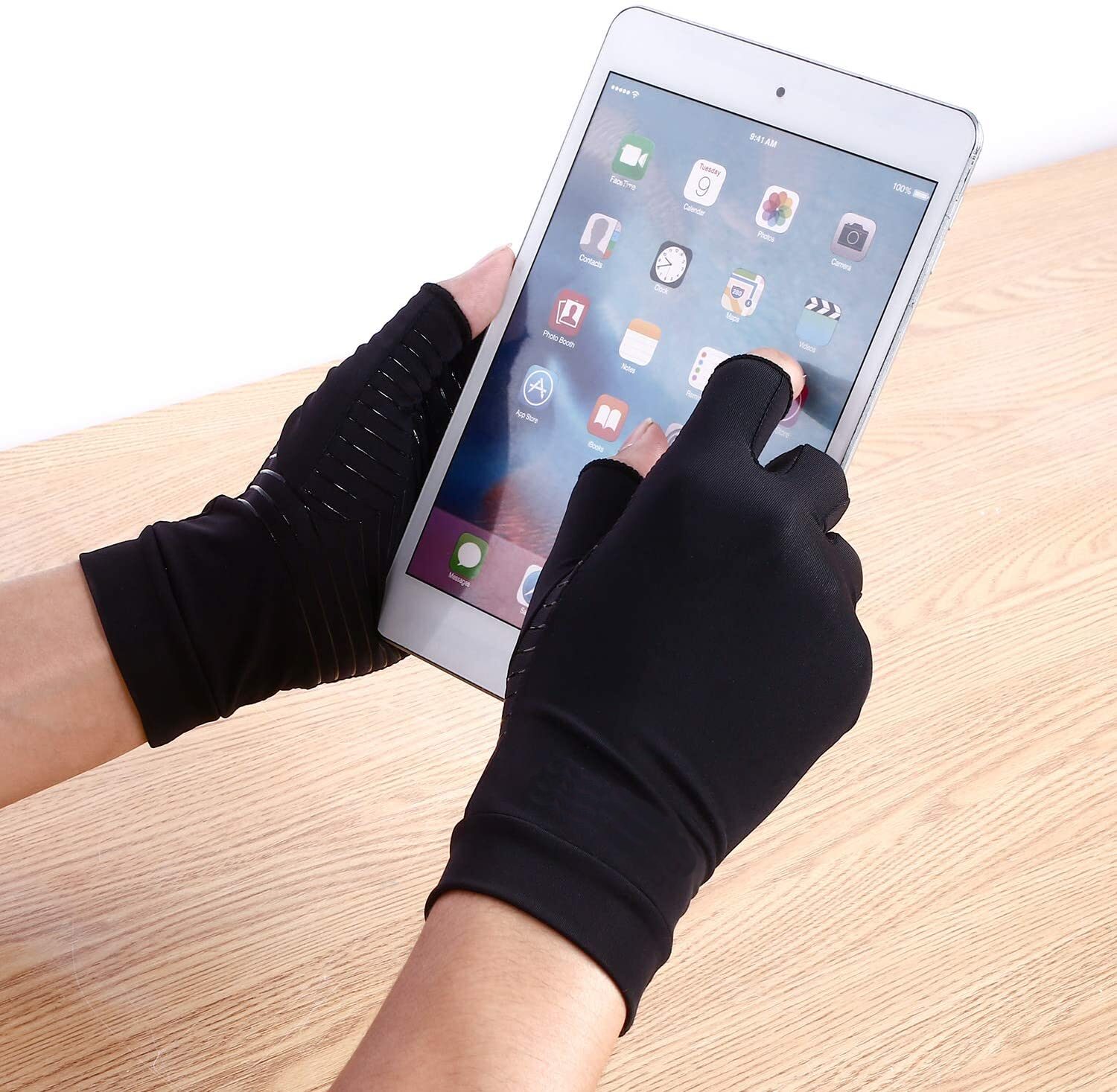
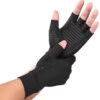
Reviews
There are no reviews yet.